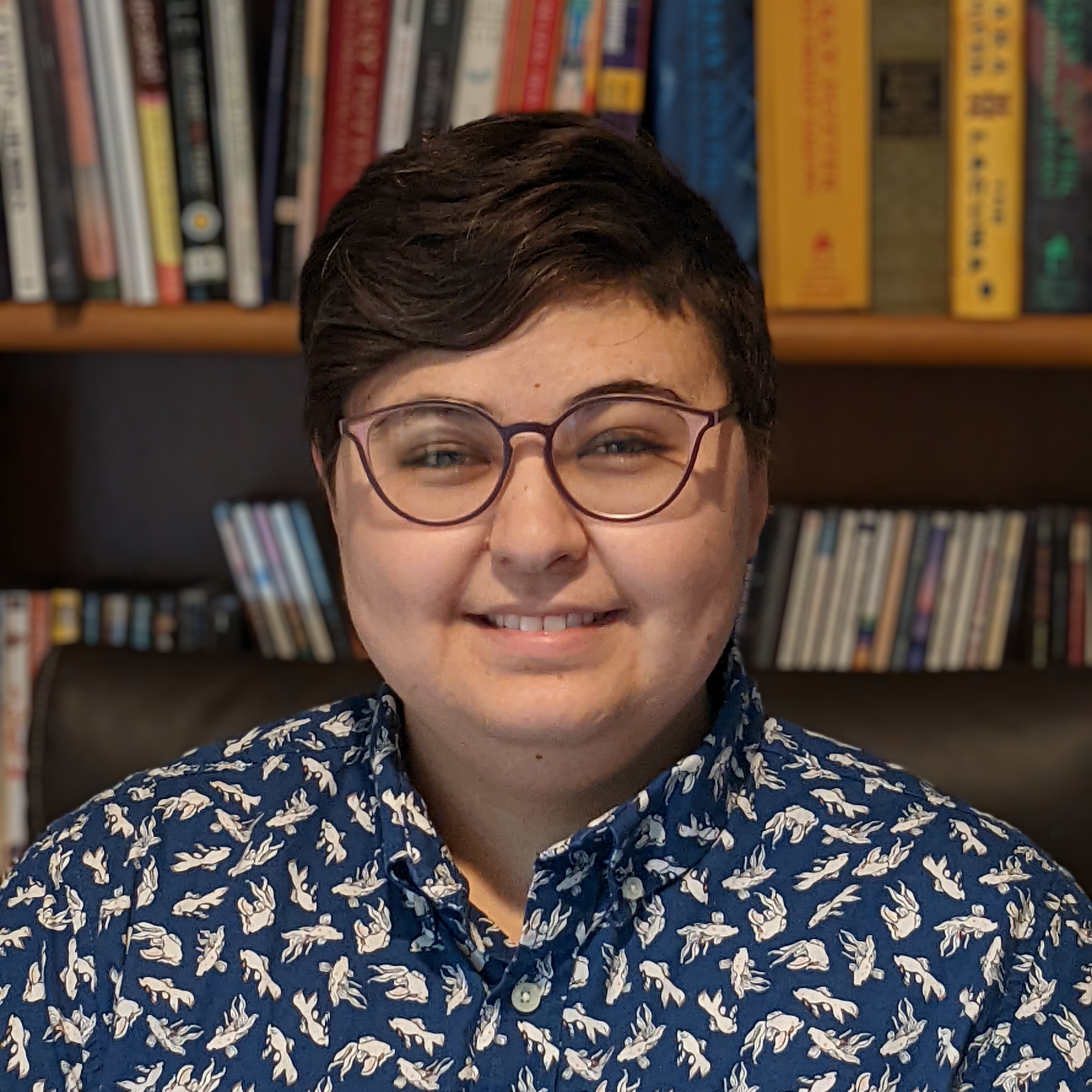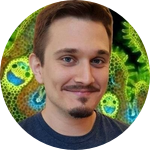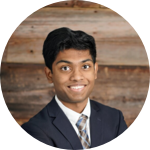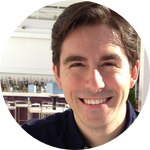About This Project
Federal agencies, industry, and academia in the US have recently proposed ideas to advance the bioeconomy, a key component of which is enhanced education and training in synthetic biology. However, current efforts have been geographically limited to Boston and San Francisco. At Great Lakes SynBio, to realize the Midwest region's unique potential, address unmet concerns, and test a more expansive approach, we will coordinate educational programs for participation at multiple levels.
Ask the Scientists
Join The DiscussionWhat is the context of this research?
Synthetic Biology is shaping the future bioeconomy. It captures the imagination of students and better engages them in STEM education. The International Genetically Engineered Machine competition is an event featuring high school and undergraduate students that has grown to a worldwide reach since its inception. However, most relevant opportunities in Synthetic Biology still remain concentrated in a few technology hubs. This disparity reflects the need for a new approach to STEM education, which includes problem-based learning, increased workforce opportunities, and a focus on community building. By integrating these approaches, a stronger regional Synthetic Biology community can be fostered here in the Great Lakes.
What is the significance of this project?
We hope to spark the development of a strong regional bioeconomy and synthetic biology industry in the Great Lakes. This region has a unique ecosystem - the home of the greatest freshwater lakes anywhere in the world, a valuable environment that is now being threatened by pollution from its former legacy of industry. A regional Synthetic Biology community can empower interdisciplinary groups from the life sciences and social sciences to build a vibrant bioeconomy by responsibly increasing opportunities.
We also hope that our approach will be a model for other regions, which will eventually enhance the entire nation's bioeconomy, meeting key policy and educational goals in a way that is broadly distributed to many different demographics.
What are the goals of the project?
Great Lakes SynBio aims to improve STEM education at both the high school and undergraduate levels. We envision three approaches: (a) an annual regional competition where students collaborate in teams to address local problems with Synthetic Biology solutions; (b) networking events that strengthen the pipeline between students and industry partners in Synthetic Biology; (c) partnerships with institutions to implement low-cost Synthetic Biology curriculum.
To measure our impact, we will track students' subsequent participation in synergistic programs such as iGEM, enrollment in undergraduate and graduate programs, and employment in industry or academia.
Budget
Our goals are straightforward - to enhance Synthetic Biology education and engagement in the area, and to build a supportive community. First, we will need funds to support promotional materials - websites, flyers, campaigns, and most importantly, travel for direct in-person outreach to institutions across the region. This will be accompanied by educational resources to help students explore Synthetic Biology, and work on their own project that highlights a local problem and a potential solution. This work can cumulate in symposium events to be held at regional partner colleges and universities, showcasing the promise of Synthetic Biology. At these events, interested students can share ideas and network with industry professionals, sparking the development of a community driven by meaningful connections that may lead to increased entrepreneurship or employment.
Endorsed by
 Project Timeline
Project Timeline
Jun 19, 2023
Project Launched
Jun 30, 2023
Project Funded
Aug 03, 2023
Project Ended
Meet the Team
Team Bio
The Great Lakes SynBio Association is dedicated to advancing the bioeconomy of the Midwest, United States through educational programming, workforce development, and ecosystem building for high schools, community colleges, and universities of all sizes. Founded by Sakti Subramanian and Devin Camenares in 2023, Great Lakes SynBio has navigated partnerships with several state agencies, federal agencies, nonprofit organizations, and academic institutions.
Sakti Subramanian
Sakti Subramanian is an undergraduate student at Stanford University studying Biological Engineering and Public Policy. He is dedicated to the growth of the field of synthetic biology, whether that be by solving research problems, educating the next generation of scientists, or authoring policy recommendations for the US bioeconomy.
Devin Camenares
Dr. Devin Camenares is a Research Scientist at the University of Dayton Research Institute and a former Assistant Professor at Alma College.
Lab Notes
Nothing posted yet.
Project Backers
- 4Backers
- 103%Funded
- $3,625Total Donations
- $906.25Average Donation



